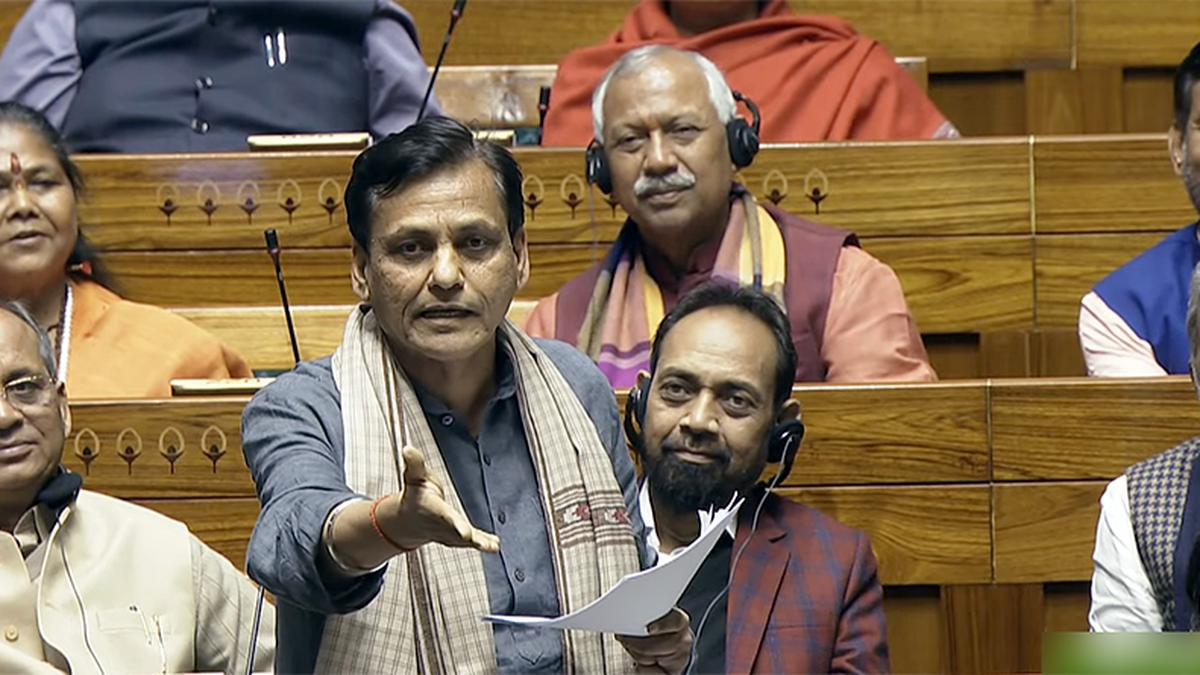
LS clears Bills for women’s quota in J&K, Puducherry Assemblies
The Hindu
Lok Sabha passed two Bills to extend 33% reservation for women in Parliament and State legislatures to Puducherry & J&K. Debate was dominated by SC verdict on abrogation of Art. 370.
The Lok Sabha on December 12 passed two Bills to extend the provisions of the Constitution (106th Amendment) Act – that grants 33% reservation for women in Parliament and State legislatures – to the Union Territories of Puducherry and Jammu and Kashmir, but the debate was dominated by December 11th’s Supreme Court verdict on the abrogation of Article 370.
Minister of State for Home Nityanand Rai piloted the Jammu and Kashmir Reorganisation (Second Amendment) Bill and the Government of Union Territories (Amendment) Bill in the Lok Sabha, in a debate where the presiding officers had to frequently steer the speakers to speak specifically on the Bill.
“Consequent to the enactment of the Constitution (One Hundred and Sixth Amendment) Act, 2023, similar provisions for providing reservation for women in the Legislative Assembly of the Union Territory of Jammu and Kashmir are also required to be made by Parliament by amending the Jammu and Kashmir Reorganisation Act, 2019,” said the statement of object and reasons of the Bill.
The provisions for providing reservations for women in the Legislative Assembly of the Union Territory of Puducherry are also required to be made by Parliament by amending the Government of Union Territories Act, 1963, the statement read.
Trinamool Congress leader Saugata Roy said that while women’s representation was important, the debate coming as it did a day after the Supreme Court verdict on abrogation of Artice 370 meant that he was going to express his disappointment with it. “Parties belonging to Jammu and Kashmir, like the National Conference (NC), the PDP, and Sajjad Lone have also said that they are disappointed, so which society was this abrogation aimed at,” he said.
Hasnain Masoodi of the National Conference sharply pointed out that while there was talk of representation, Jammu and Kashmir had no MLA for the last six years and that “four officers” were running the Union Territory. Noting that the Supreme Court verdict spoke of conducting elections and restoration of statehood, he asked why the government was “ignoring the Supreme Court.”
A. Raja of the DMK also said that historical obligations and promises made by constitutional entities at the time of Jammu and Kashmir’s accession to India were now “hanging in the air.”













